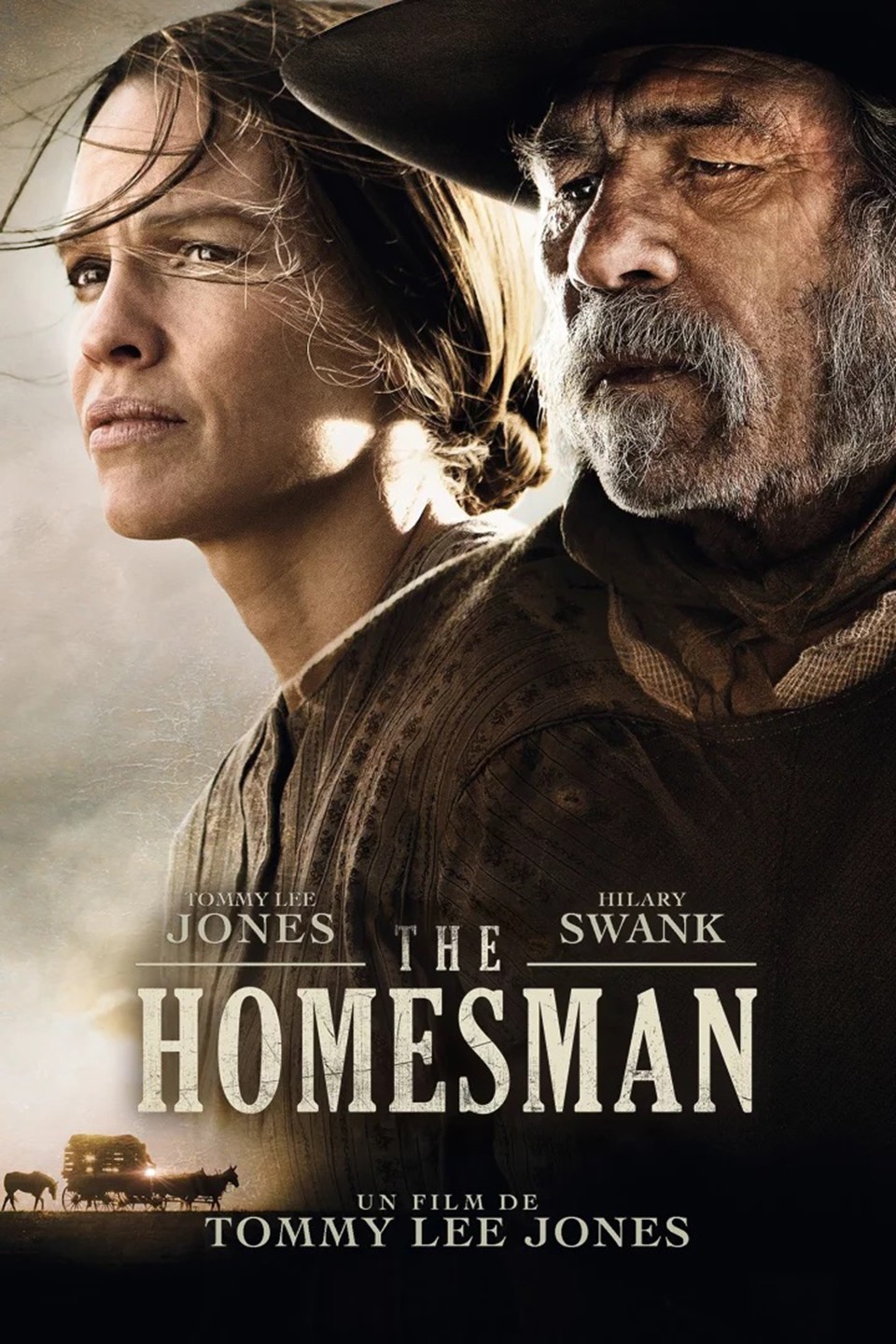Mary Bee Cuddy, a strong-willed and independent woman living on the harsh Nebraska frontier, takes on the daunting task of transporting three mentally ill women across the treacherous plains to Iowa, where they can receive proper care. The women—Arabella, Theoline, and Gro—have each suffered immense hardships, from the loss of children to abusive marriages, driving them into madness. When Mary Bee realizes that she cannot make the journey alone, she rescues George Briggs, a claim-jumping drifter, from being hanged in exchange for his help. Though Briggs is an unruly and selfish man, he reluctantly agrees to assist her on the perilous trip.

As they begin their journey, Mary Bee and Briggs face extreme challenges, including brutal weather, food shortages, and the constant threat of Native American attacks. The three women, unable to care for themselves, add further difficulties to their travels. Despite her strength, Mary Bee struggles under the weight of responsibility, while Briggs shows little patience or empathy for the women’s suffering. Along the way, they encounter various settlers who either ignore their plight or try to take advantage of their vulnerability. As tensions rise between Mary Bee and Briggs, she begins to question whether she made the right decision in trusting him.
One night, after a particularly grueling day on the trail, Mary Bee, exhausted and disillusioned, makes an unexpected and shocking decision—she proposes marriage to Briggs. Feeling the crushing weight of loneliness, she sees him as her last chance at companionship. However, Briggs, unwilling to change his ways, cruelly rejects her. Devastated and broken by his response, Mary Bee takes her own life the next morning, leaving Briggs to complete the journey on his own. The sudden tragedy forces him to confront the consequences of his selfishness, though he remains reluctant to accept responsibility for her fate.
Now alone with the three mentally ill women, Briggs struggles to manage them, but his rough exterior begins to soften. He protects them from harm, fends off attackers, and ultimately becomes more invested in their survival than he ever expected. In a moment of unexpected compassion, he refuses to abandon them even when an opportunity arises for him to escape the burdens of his promise. His transformation, though gradual, suggests that Mary Bee’s influence on him was stronger than he ever realized.

When Briggs finally reaches Iowa and delivers the women to a church that has agreed to take them in, he is met with indifference. The clergyman and his wife, though providing sanctuary, show little concern for the suffering the women have endured. Disillusioned by their cold reception and frustrated by the futility of his efforts, Briggs demands a reward for his troubles before leaving, though his demeanor has noticeably changed. The journey has left him scarred, and he now seems burdened by a sense of guilt and loss that he cannot fully articulate.
As he makes his way back west, Briggs stumbles upon a raucous riverboat party and impulsively joins in. He drinks, dances, and sings, appearing to embrace his old life of aimless wandering. However, beneath his revelry, there is an unmistakable emptiness—Mary Bee’s tragic fate lingers in his mind, and the brief companionship he shared with her has left a void that he cannot fill. The film ends with an ambiguous sense of sorrow, as Briggs floats down the river, forever changed by the journey yet unwilling to confront the deeper truths of his own existence.
![]()